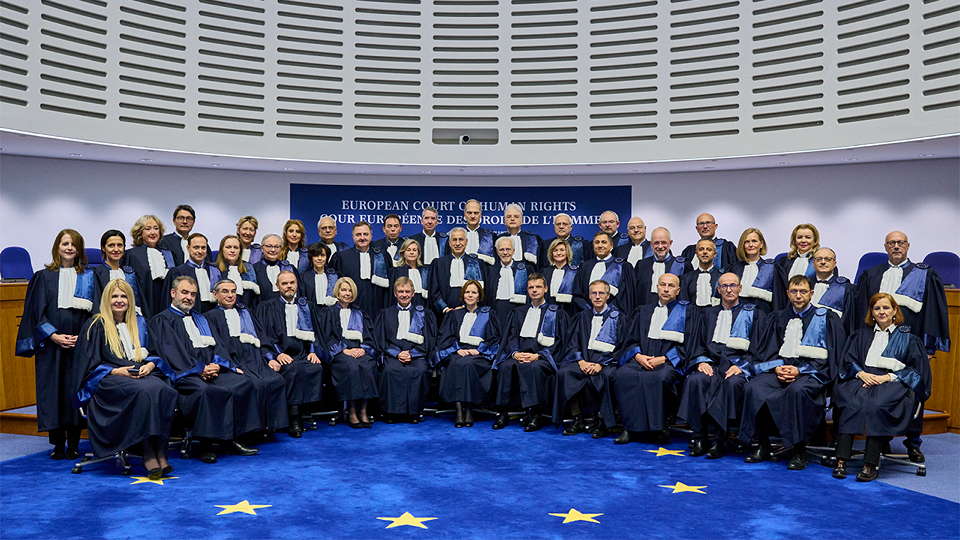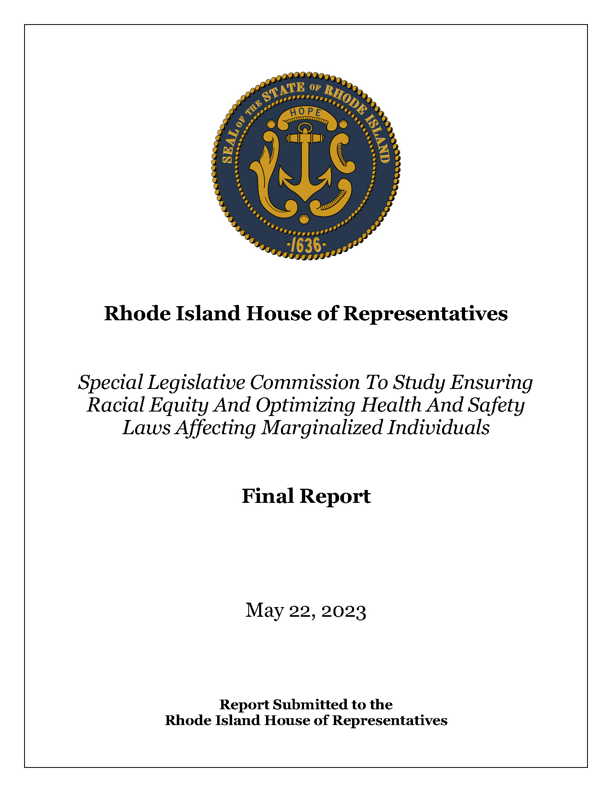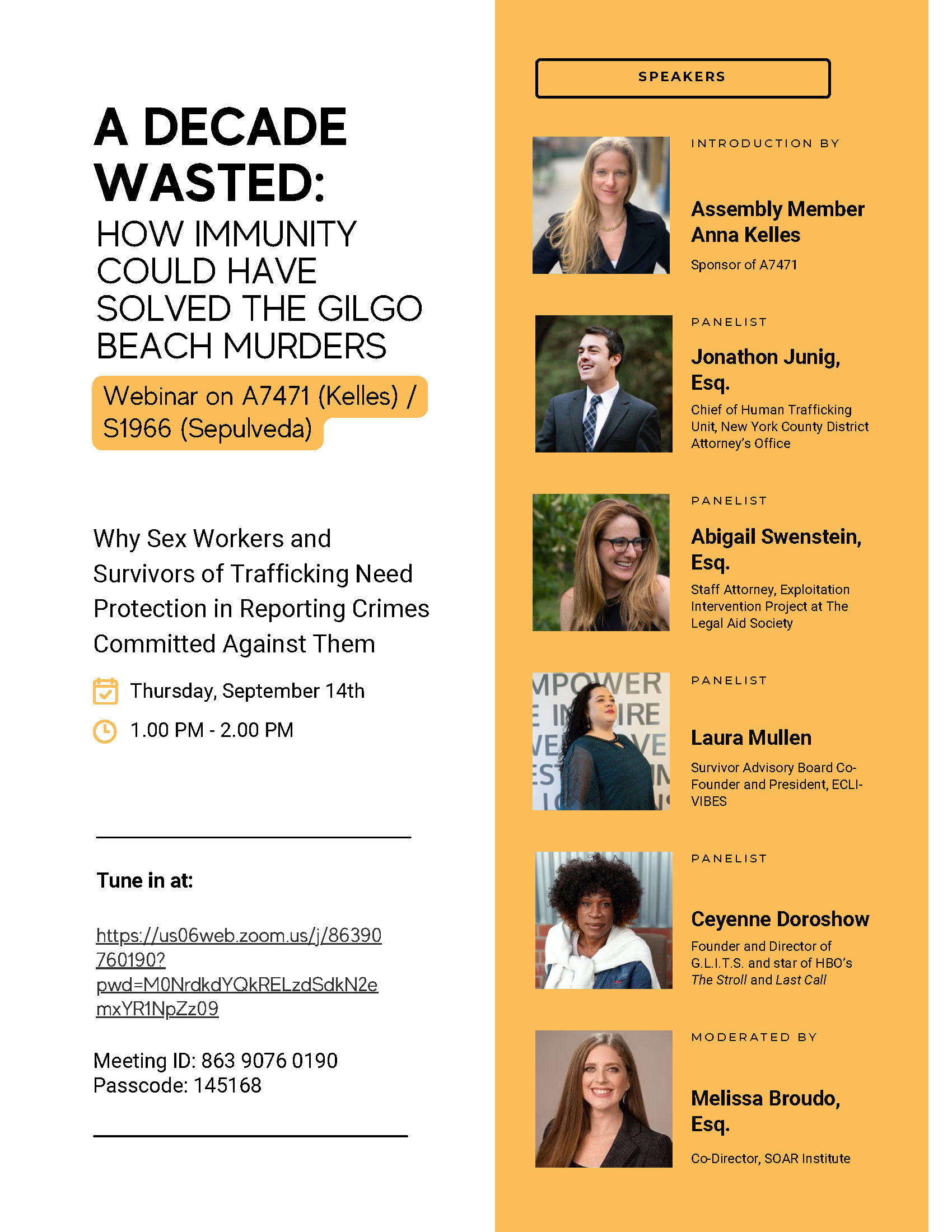August 31, 2023
The European Court of Human Rights has accepted a case brought by sex workers whose human rights have been violated following France’s 2016 adoption of Entrapment Model policies, which criminalize the buying of sex but not the selling. As these laws explicitly target clients, people who purchase sexual services are increasingly wary of potential prosecution. Sex workers — who are financially dependent on criminalized clients — are compelled to accept clients who refuse to give their legal names, exhibit nervous behavior, or insist on a remote location. This means sex workers are unable to practice harm-reduction strategies for safety. Because sex workers are surveilled by police who are looking to arrest clients, reasonable people start to insist on a location of their choosing rather than a place where the sex worker feels comfortable.This makes it easier for predators to lure sex workers to their robbery, rape, or death, which occurred in France after the Entrapment Model was implemented.
Across Europe, in countries that have adopted Entrapment Model policies, sex workers report higher levels of anxiety and unease as well as increased stigmatization, and they have been subject to heightened rates of antisocial and nuisance behavior. Because criminalizing clients pushes the entire industry further underground, sex workers are more dependent on potentially exploitative third parties to help clients avoid discovery in order to keep their businesses, even if this risks exploitation. The most marginalized individuals are disproportionately affected by this criminalization, and it is women, migrants, and queer sex workers who have brought the case against France. The ruling that these 261 individuals can be considered victims under Article 34 of the European Convention on Human Rights is a monumental leap forward in sex workers’ fight for legitimacy.
The coalition of 261 sex workers and their allies, who claim that the Entrapment Model law subjected them to violence and discrimination, exhausted all legal avenues in France before taking its case to the European Court of Human Rights in December 2019. The court rejected a preliminary objection to admissibility by the French government and found the case admissible. The Court “rejects around 90 percent of all applications received” according to its own data.
Leading international human rights organizations oppose the criminalization of consensual adult sex work in any form, including the Entrapment Model. The Joint United Nations Programme on HIV/AIDS (UNAIDS), the World Health Organization (WHO), the UN Population Fund (UNFPA), the UN Development Program (UNDP), Human Rights Watch, Amnesty International, and the International Planned Parenthood Foundation also oppose criminalization.
Research across Europe consistently demonstrates that the Nordic Model — which criminalizes the purchase of sex — pushes sex work farther underground, increases violence by police and clients, criminalizes women who work together for safety, and creates more obstacles for sex workers to access their rights to health, housing, and justice.

European Human Rights Courts Judges. Courtesy of the European Human Rights Court.
DSW Newsletter #49
RI Legislative Study Commission Releases Report Recommending Reforms to Prostitution Laws

The European Court of Human Rights Agrees To Hear Case Brought by Sex Workers

Tell The New York Times: Sex Work Is Work

DSW and Allies Educate NY Legislators on the Critical Need for Immunity Laws

